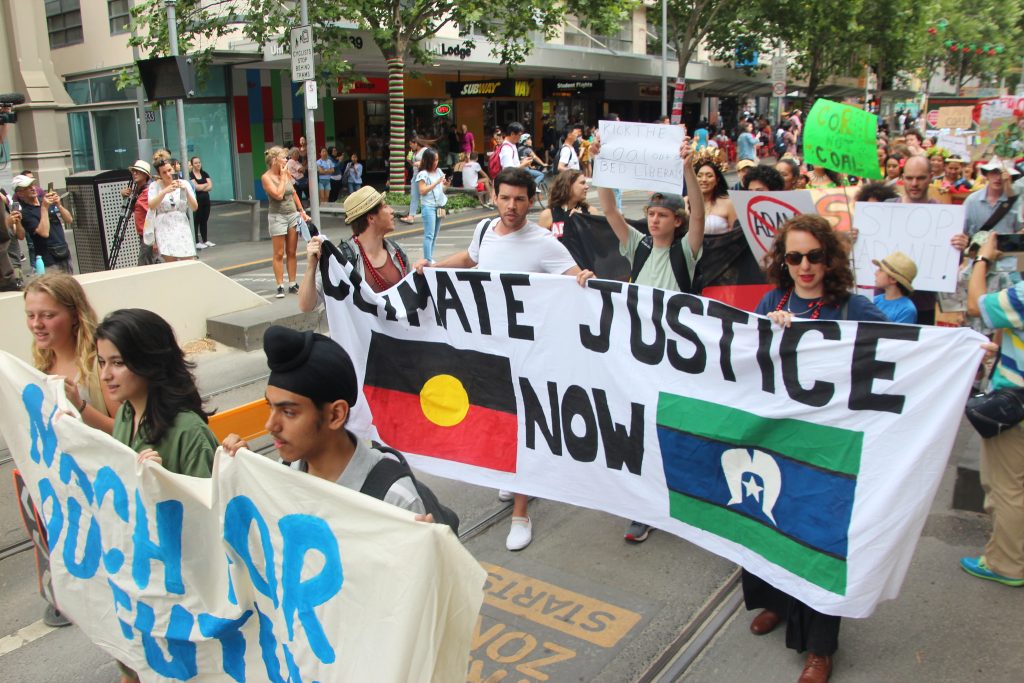Clinical Legal Education and Climate Change
Kate Fischer Doherty, Donna Askew and Brad Jessup

Clinical legal education is a powerful methodology for teaching and learning in law. It bridges practical learning with service in the public interest; in clinic students learn through hands-on, supervised work for real clients and causes. Amid the climate crisis, where the increasing frequency of extreme weather events will impact lawyers both professionally and personally, it is crucial to consider how students can equip themselves to be climate prepared future legal practitioners. Clinical legal education provides a valuable opportunity for students to reflect on their role in addressing these critical challenges and better understand how law and legal practice intersect with environmental and social issues, in a way not generally possible in doctrinal-based subjects.
This chapter will discuss why clinical approaches are well suited to teaching and learning about the climate crisis. Through working on real matters and with real clients, the complexity and interconnections between areas of law as well as interdisciplinary factors are made clear. The process of reflection and close supervisory feedback in clinic allows students to develop the skills and knowledge necessary to practice across discipline boundaries in the context of climate change. The chapter will then explain how clinical subjects operate and provide examples of climate clinics and climate co-curricular programs across Australian universities.
KEY QUESTIONS
- How can clinical education help future lawyers learn about and take action to respond to climate change? What implications does this have for legal education more generally?
- What does it mean to learn for the climate, not just about the climate?
- What kinds of real-life issues or problems do you think a climate justice legal clinic could or might engage with?
CHAPTER OUTLINE
2. What is unique about clinical legal education?
3. How did CLE come about and what do clinics do that is relevant to the climate?
4. What impact can CLE have in the fight for climate justice?
5. Why a clinic for teaching and learning about the climate crisis?
6. What skills are learnt in CLE and how are they relevant to our shared climate future?
7. What is and why do reflective practice in climate clinics?
8. How can CLE promote climate wellbeing in students?
9. Climate clinics as a site of climate wellbeing?
10. What is the role of clinics in the emerging area of climate resilience and preparedness?
11. What are the personal and professional benefits of learning about resilience and preparedness?
12. What do law students do in a climate clinic?
13. Climate and community legal education in a non-climate clinic
Clinical Legal Education (‘CLE’) is a form of experiential learning in which law students are placed in the role of lawyers working under the supervision of qualified lawyers and learn by doing in a clinic (a clinical legal education subject or program) setting. Key is the engagement in a process of supervisory feedback and reflection on experience.
Co-curriculums are learning activities and experiences that extend beyond the formal academic programs while complementing them. In legal education, co-curricular programs often focus on professional practice, skills development, and addressing contemporary issues. Climate and sustainability co-curricular programs have gained prominence in higher education in the last decade. They aim to enhance students’ understanding of climate-related issues, build skills for assisting clients affected by climate change or hoping to create positive climate impact and encourage students to reflect on current climate-related laws and policies through bridging theoretical learning with practical experience.

